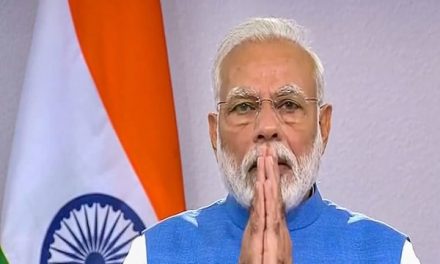Technical textiles are material and products manufactured primarily for their technical properties and functional requirements rather than for aesthetic characteristics. The scope of use of technical textiles encompasses a wide range of applications such as agro-textiles, medical textiles, geo-textiles, protection-textiles, industrial-textiles, sports-textiles and many other usages.
Use of technical textiles has benefits of increased productivity in agriculture, horticulture and aquaculture fields, better protection of the military, para-military, police and security forces, stronger and sturdier transportation infrastructure for highways, railways, ports and airports and in improving hygiene and healthcare of general public. In India, technical textiles hold immense growth opportunities both for the industry as well as across various applications.
The Union Cabinet on Wednesday approved the National Technical Textiles Mission with an outlay of Rs 1,480 crore to position India as a leading manufacturer of technical fabrics that are mostly used in industrial applications.
Finance Minister Nirmala Sitharaman had in the budget on February 1 announced a proposal to set up a National Technical Textiles Mission with a four-year implementation period from 2020-21 to 2023-24.
The decision was taken at a meeting of the Union Cabinet chaired by Prime Minister Narendra Modi, Textiles Minister Smriti Irani told reporters here.
In terms of the projections of the last baseline survey on technical textiles submitted in 2015, the market size in India for the year 2017-18 is projected as Rs 1,16,217 crore.
Although there is no projection in the last baseline study with regard to the projections for 2020-21, taking into account the current trend of growth and various initiatives of the Government, the domestic market size of the technical textiles is expected to cross Rs 2 lakh crore by the year 2020-21
As part of the programme, skill training in the technical textiles field will be carried out for around 50,000 people. The programme will encompass research, innovation and development, market development, export promotion education, training and skill development.
The initiative is part of the government’s ‘Make in India’ campaign which has worked to increase domestic production across a number of industries including textiles over the past few years. The campaign also aims to increase exports and lessen imports to reduce India’s trade deficit with a number of countries.












